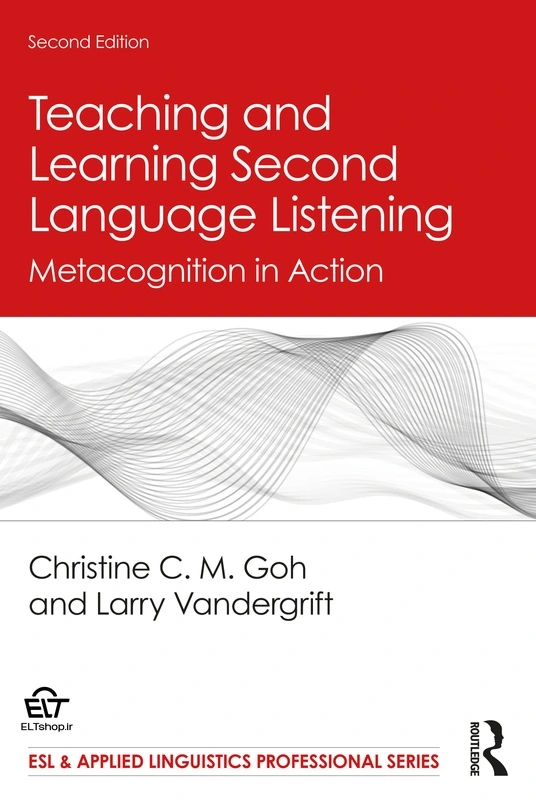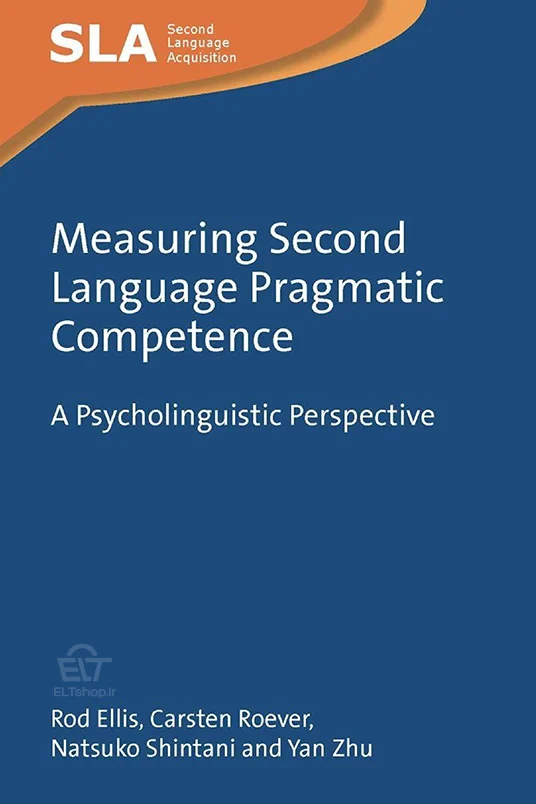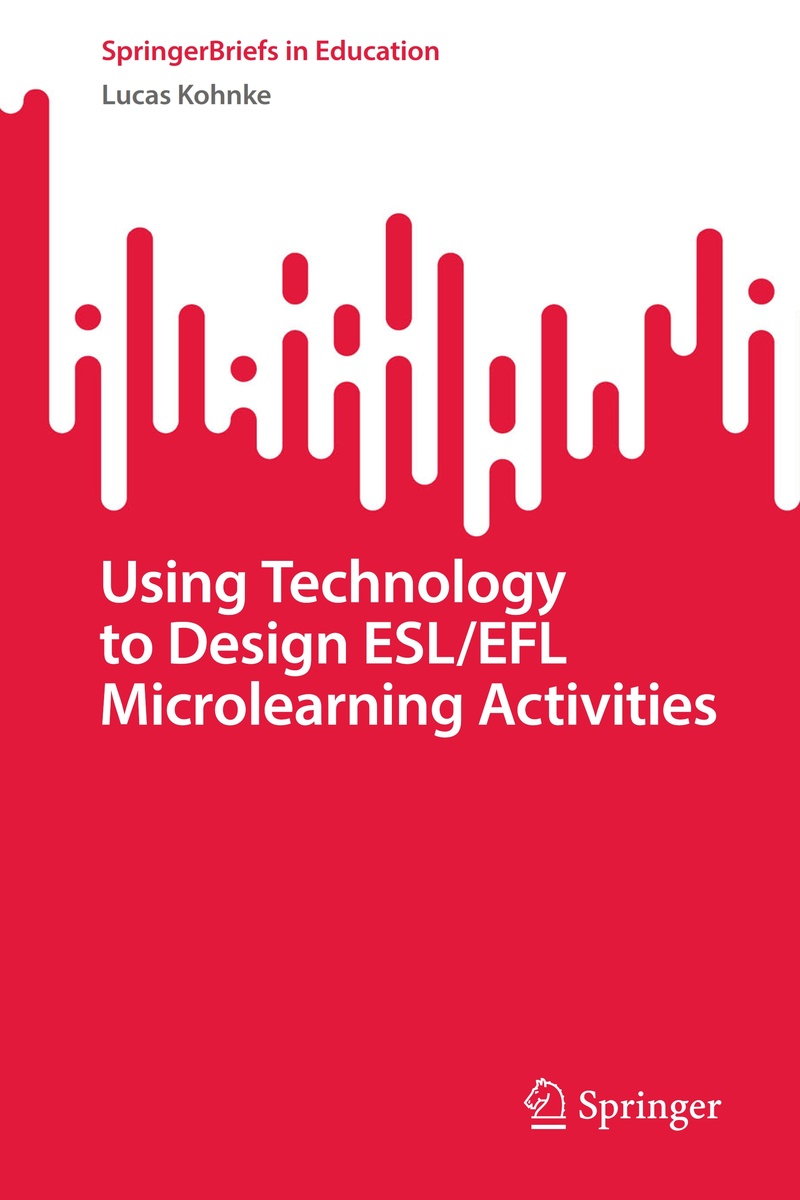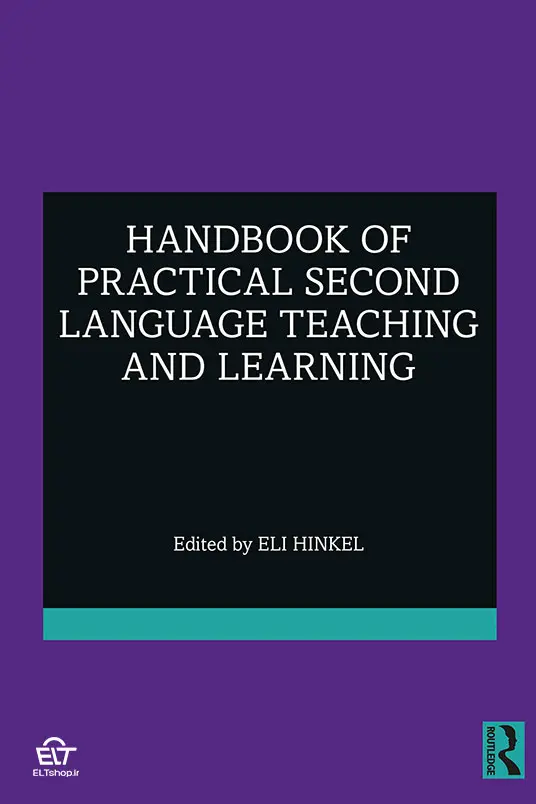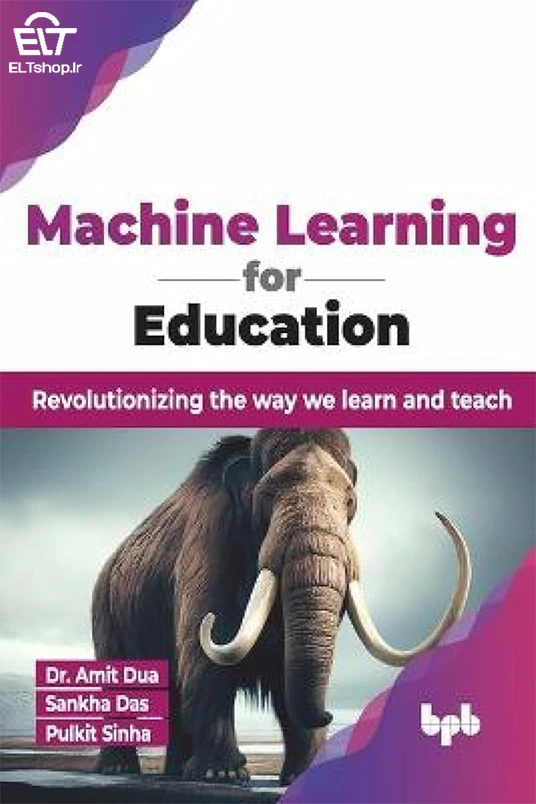این کتاب با نوشتاری روان و کاربرپسند، که بهطور محکم بر نظریههای شنیداری مبتنی است و توسط یافتههای پژوهشی اخیر پشتیبانی میشود، به شکلی جامع به مفاهیم و دانش مرتبط با آموزش مهارت شنیداری در زبان دوم (L2) پرداخته و بهطور ویژه بر فراشناخت تأکید دارد.
رویکرد فراشناختی که با هدف توسعه مهارت شنیداری زبانآموز بهصورت جامع طراحی شده، رویکردی منحصربهفرد و نوآورانه است. این کتاب کاملاً بر زبانآموز متمرکز است؛ تمامی دیدگاههای نظری، بینشهای پژوهشی و اصول آموزشی مطرح شده در کتاب در رابطه با زبانآموز ارائه و بحث شدهاند.
مدل آموزشی ــ که ترکیبی از توالی آزمودهشده دروس شنیداری و فعالیتهایی است که به زبانآموزان نشان میدهد چگونه فرایندهای شنوندگان ماهر را فعال کنند ــ به معلمان چارچوبی محکم ارائه میدهد تا توسعه مهارت شنیداری زبان دوم دانشآموزان در داخل و خارج از کلاس اتفاق بیفتد. این متن همچنین شامل ایدههای عملی بسیاری برای تکالیف شنیداری است که با موفقیت در زمینههای مختلف یادگیری زبان به کار رفتهاند.
Now in its second edition, this reader-friendly text offers a comprehensive treatment of concepts and knowledge related to teaching second language (L2) listening, with a particular emphasis on metacognition.
This book advocates a learner-oriented approach to teaching listening that focuses on the process of learning to listen. It applies theories of metacognition and language comprehension to offer sound and reliable pedagogical models for developing learner listening inside and outside the classroom. To bridge theory and practice, the book provides teachers with many examples of research-informed activities to help learners understand and manage cognitive, social, and affective processes in listening.
Comprehensively updated with new research and references, the new edition includes additional and expanded discussions of many topics, including metacognition in young learners, working memory, and a L2 listening systems model. It remains an essential text on L2 listening pedagogy, theory, and research.
